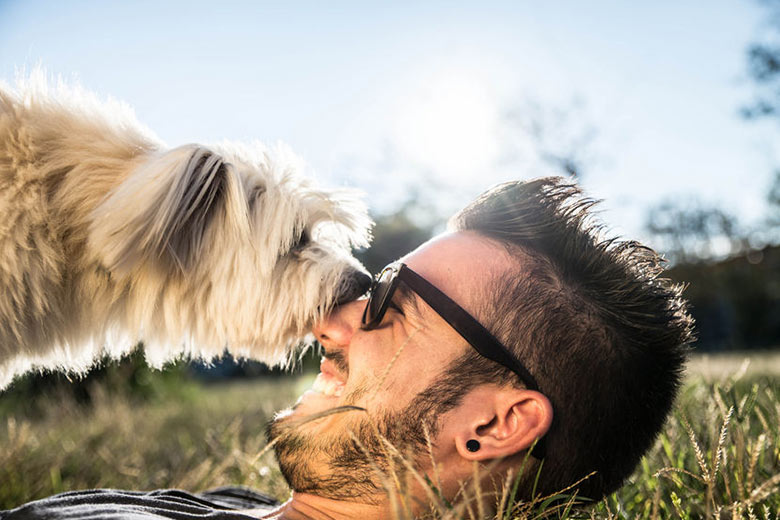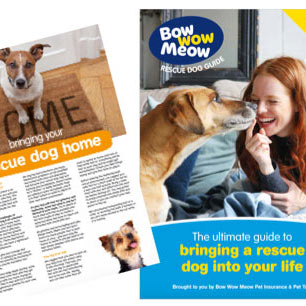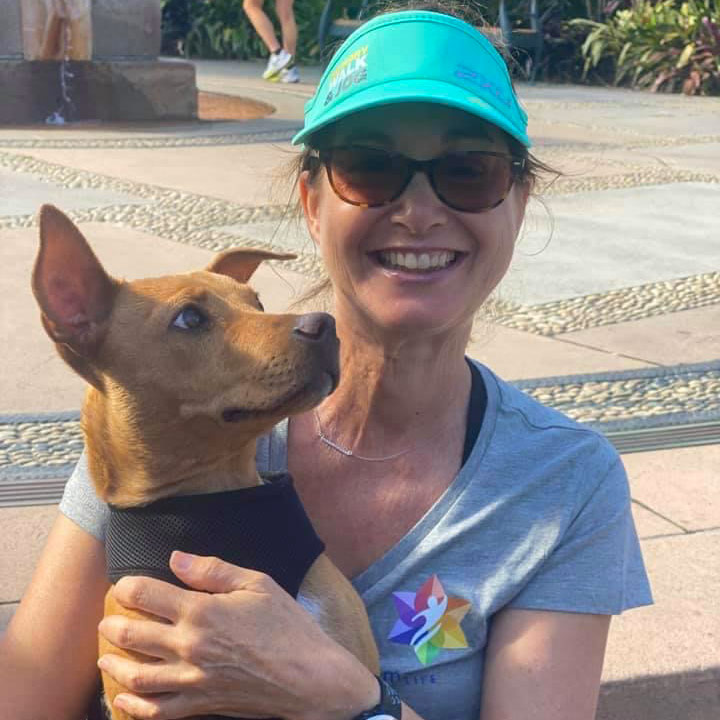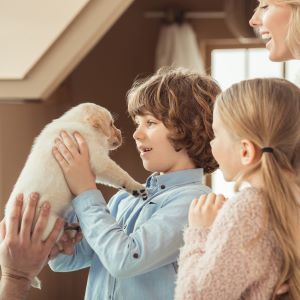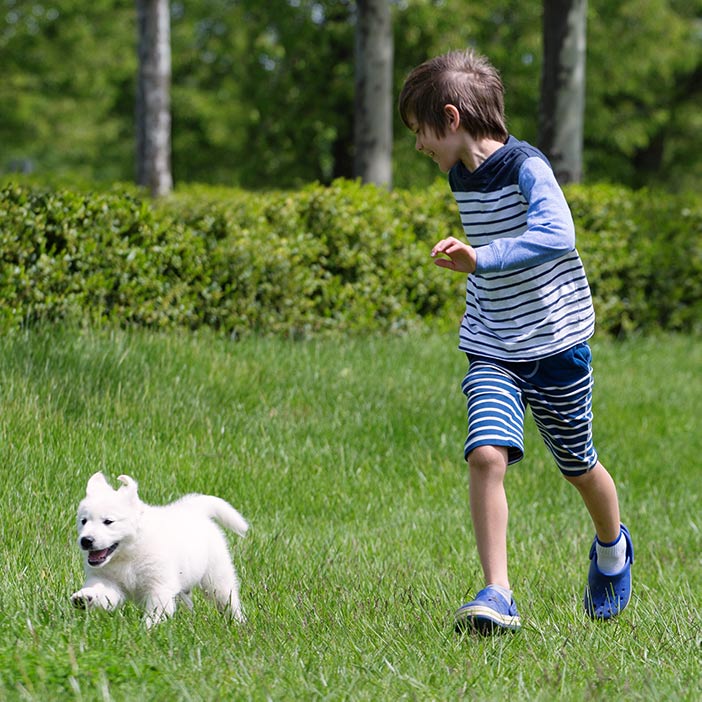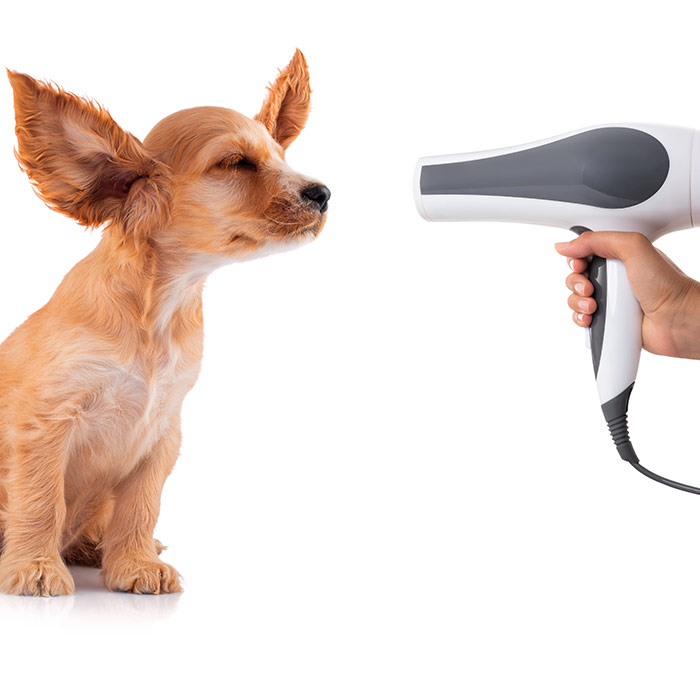Dog training basics for new dog owners
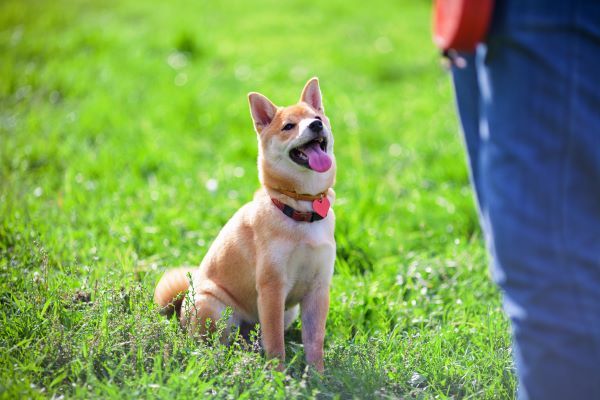
Bringing your new dog home is a heart-warming experience, and you’ll enjoy watching them exploring their new environment and, if they’re a youngster, playing, chasing and occasionally causing havoc.
 While all this ‘puppyish’ behaviour will be cute for a while, your new pooch is going to need a fair amount of training if they’re going to develop into a well-behaved adult dog.
While all this ‘puppyish’ behaviour will be cute for a while, your new pooch is going to need a fair amount of training if they’re going to develop into a well-behaved adult dog.
We understand that training can be a difficult task, especially if you’ve got an independent or stubborn breed to deal with. Here is some sound advice and a few useful training tips to get you started on the right foot.
Training means developing good habits
Obedience training is a great way for your young dog to start to develop good habits.
It’s important to know that obedience training is something you’ll have to tackle sooner or later; so it makes sense to get started while your puppy is still young.
It’s up to you whether to train your dog through puppy pre-school or to do it yourself at home. However, training your dog in a classroom environment with other dogs is a great way to socialise them, teaching them to be well-mannered around other dogs and owners.
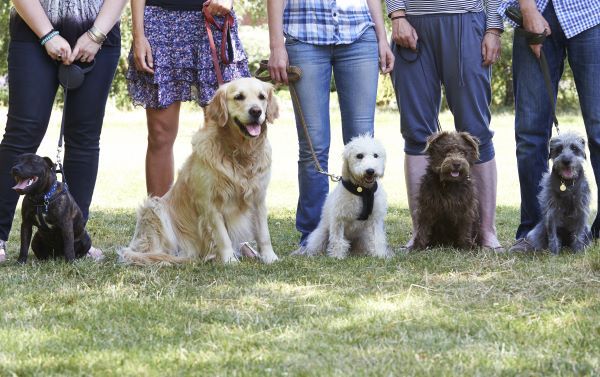
Start with the basics
We recommend that you start off with the most basic and arguably the most important commands any dog owner will use:
“Sit. Come. Stay. Leave it. Lie down. Off.”
These commands are short and simple and your puppy will pick them up and their meaning quickly if you use a firm, consistent tone of voice and reward their compliance with praise and/or treats as positive reinforcement.
Want to find out more about puppy insurance? Learn more here.
Stay calm
A calm owner makes a happy dog.
 You should avoid raising your voice; commands should never be shouted at the dog, no matter how frustrated you may be.
You should avoid raising your voice; commands should never be shouted at the dog, no matter how frustrated you may be.
Remember that whenever you decide to do a training session with your dog, be sure you’re in a patient, calm mood. Dogs are naturally very eager to please their owners and, if the day’s stress stays carries through in your behaviour, a lot of damage can be done – both to your pup’s mental health and the owner-dog relationship you are building.
You can’t train too early
Don’t fall for the ‘they’re just too young’ myth.
Puppies are very intelligent and eager students, ready to learn from the moment they walk through the door. In fact, the younger they are, the faster and better they’ll learn.
Dogs who have been taught the basic obedience commands at an early age will, as a rule, cause less stress for their owners down the line and are far less likely to stray.
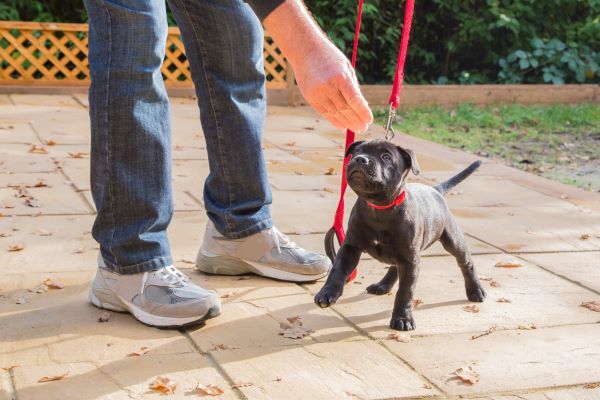
The essentials and the just plain fun
The whole idea of obedience training is to get your dog into good habits from a young age. For those who want to take their dog out to dog parks and other public areas, obedience training is essential.
There are a few things that are must-knows for a ‘dog about town’. They are:
- The basic obedience commands
- Being capable of ‘heeling’ during walks
- Fetching objects and returning
- Socialisation
- House training
Some of the more fun tricks to teach once your dog has mastered the basics include:
- Catching a ball or treat on the full
- Rolling over
- Begging
- ‘Giving paw’ or ‘shaking hands’
- Playing ‘dead’
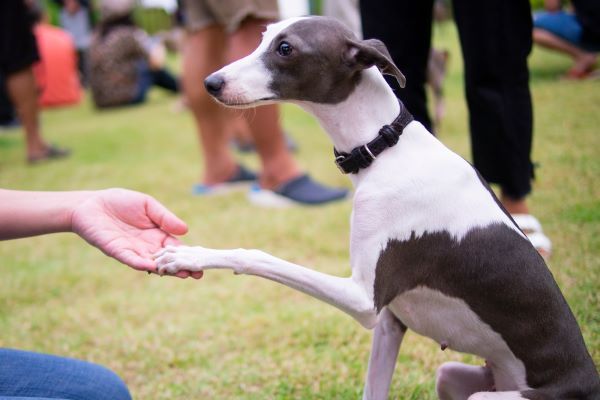
All about rewards
Rewards don’t have to be food treats.
Although rewarding your dog with a food treat is a great way to get them behaving fast, simply giving them a “good boy” or “good girl” along with a nice rough pat is often just as good a substitute.
Remember, nothing says “I love you” more than a good pat. Your dog will love it and you’ll be all the more closer for it. That’s not to say the occasional treat here and there isn’t a good idea – moderation is the key.
Note: Keep a close eye on your dog’s weight while training with the aid of food treats. Some breeds are particularly susceptible to gaining weight fast and treats will be doing them no favours.
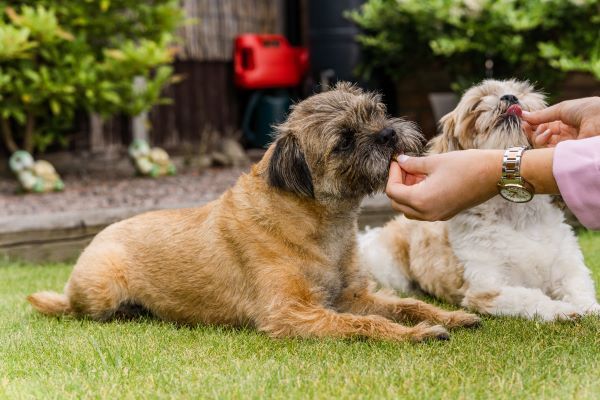
Positive reinforcement is key
Many first-time dog owners complain that reprimanding their puppy with a stern “no” or “get down” will work for a short while but in time lose its effectiveness.
Dogs that are bombarded with negative commands start ignoring them – just like us, they respond better to postitive than negative feedback. To avoid this from happening, be sure to focus on positive commands and also train your dog in ‘play commands’ such as “fetch” and calling them to come to you.
If your dog is reprimanded with a stern “no” only when it’s really necessary, and they are usually getting “good boy” or “good girl,” then the “no” is much more likely to have the desired effect.
Final word
If you’re finding that after trying these tips you’re still finding it tough to train your pooch, don’t hesitate to enrol your dog in a puppy preschool or a series of obedience classes to get them started.
Remember that obedience training doesn’t have to be a chore. Group training is a great way for you and your dog to meet new dogs and owners alike.
Puppies are very adventurous and highly accident prone, and often end up hurting themselves whilst they are still growing. Their underdeveloped immune system means they are also vulnerable to getting infections and catching diseases.
Get 2 months free pet insurance for your puppy2!
Bow Wow Meow Pet Insurance can help protect you and your dog should an unexpected trip to the vet occur.
- Find out more about our dog insurance options




